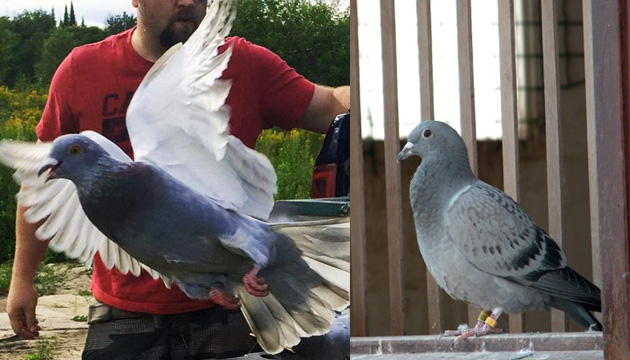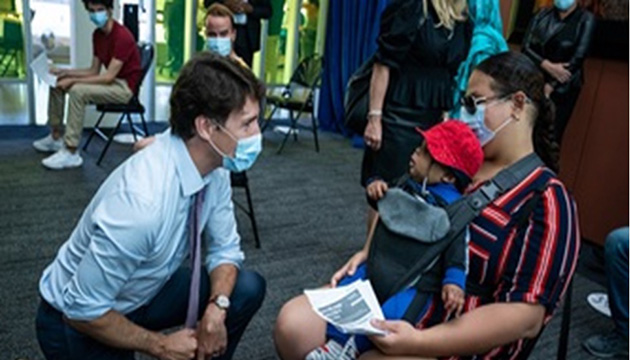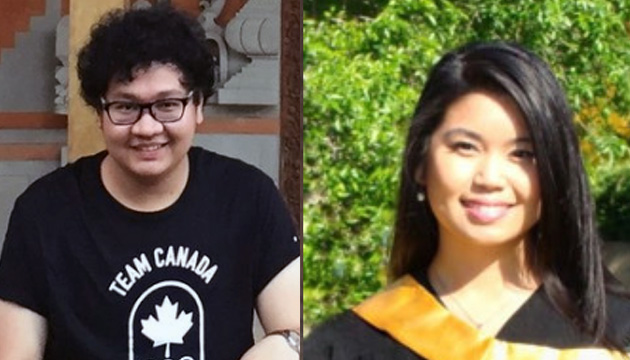A dying sport in Canada may still find its lifeline in an unlikely source – Filipino immigrants.
Pigeon racing has been in Canada for almost a century, but its long history is also coupled with aging enthusiasts. Pigeon racing is a sport where specially trained racing pigeons are released, which then return to their homes over a carefully measured distance. Modern pigeon racing has its roots in Belgium where it gained popularity in the mid-1900s.
As VICE Canada reported in 2013, the sport of pigeon racing is unable to attract a new generation of competitors who grew up with the internet, online gaming and whose idea of waking up in the wee hours of the morning to train pigeons is virtually unheard of. It is also plagued with challenges – from municipal bylaws either banning the breeding of pigeons or restricting the size of a pigeon aviary to animal rights complaints over birds too old to race.
The City of Regina, however, is seeing a resurgence of interest in pigeon-racing among a new crop of young competitors from the growing Filipino community. According to a recent article in Regina’s Leader Post, the Regina Racing Pigeon Club’s youngest member just happens to be 20-year-old Orville Lopez who moved with his family from rural Bulacan province in the Philippines to Canada when he was only 10 years old. The Regina Racing Pigeon Club is a member of the Canadian Racing Pigeon Union.
Lopez used to care for pigeons at his family’s farm and had enjoyed watching pigeon-racing in the Philippines but never got to race them. “I realized there was a thing called racing pigeons,” he said. “There were actually people in my neighbourhood, (who) actually had the top bird in the club.”
According to the Leader Post, Lopez was only 17 years old when he discovered the Regional Racing Pigeon Club whose members were much older, mostly in the 50 to 70-year old range. The members quickly took him under their wings, so to speak, and Lopez soon found his place in this “pigeon community”. “The older guys are helping me out,” Lopez said, not only with tips on caring for the pigeons but also breeding the best bloodlines for racing.
Juni Villafuerte is another Filipino immigrant who is hoping to join the Club one day. The 30-year-old has had experience winning in pigeon races in the Philippines but had to leave his pigeons behind when he moved to Canada about five years ago. “Once I have my own place, I’ll have my own birds for sure,” Villafuerte said. He has struck up a friendship with Lopez who has promised to help him start a flock.














